by Ric Teller
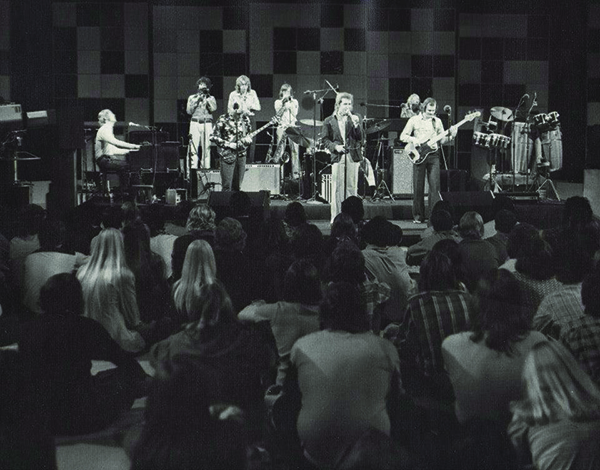
As I write this, it is mid-October, and a tentative agreement has been made in our labor negotiations. By the time this is published, I truly hope a satisfactory contract settlement has been approved and we are working. In 1985, while I was on staff at KTLA in Los Angeles, we went out on strike. While we picketed the gates on Bronson and Van Ness Avenues, some of the older fellows recounted their early days working in television. In the spirit of their memory:
Why did you choose this line of work? How did you start? What piqued your interest? Who inspired you to pursue this career? Why didn’t you go to college and get a real job?
OK, that last one might have been written by my mother.
Everyone has a unique story. In conversations, I’ve discovered that a few of us dreamed of this life from an early age. Many fell into it from being a musician, some by working as a touring sound engineer, others are following a family legacy, and a few grew up with the idea that carrying a Nagra on the beach was glamorous.
Here’s mine.
Some of you know me. I’m an A2 and sometimes a game show PA mixer. My first IATSE job in television began forty years ago at KTLA. But how did I get here?
(Cue the wavy lines and harp gliss)
First, the earth cooled. That event was followed by a remarkable series of coincidences.
In the fifth grade, my neighbor, Chuck Bauer, and I decided to play the trombone. His cousin was a trombone player, and that was reason enough for us.
While I was in high school, Al Kooper placed a horn section at the forefront of his band, Blood, Sweat & Tears. Other horn bands followed, creating a need for trombone players.
In college, a band named Straight that had plans to record an album in California asked me to play trombone and sometimes drive their bus.
When the band days ended, I happened to be on a whale-watch cruise off Dana Point, wearing a T-shirt from Sound 80, a popular Minneapolis recording studio. The logo caught the eye of a recording engineering student at Golden West College. We chatted and a couple of months later, I enrolled and attended as a part-time student.
When school ended, after three months of job searching, I happened to spot an ad in the Los Angeles Times for an entry-level position in the KTLA engineering department.
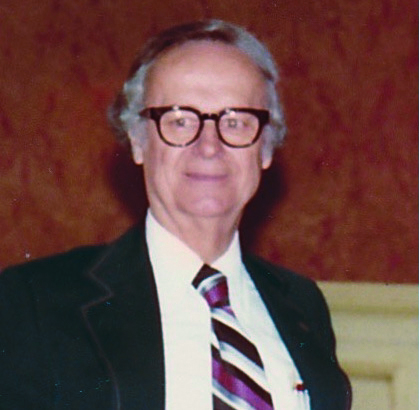
John DeMuth was the chief engineer at KTLA. He was a television pioneer and genius. I walked into his office, a modest, cluttered room piled high with manuals and equipment in various stages of disassembly. John moved a pile of papers from the chair near his desk. I sat down and handed him my résumé, which made its way to one of the piles of papers without ever crossing his field of vision. He looked around on his desk for a moment and picked up a small electronic part.
John: “Do you know what this is?”
Me: “Yes, it’s a 22K quarter-watt resistor.”
John: “Can you start today?”
And I knew at that moment that the interview was over. I started working in television.
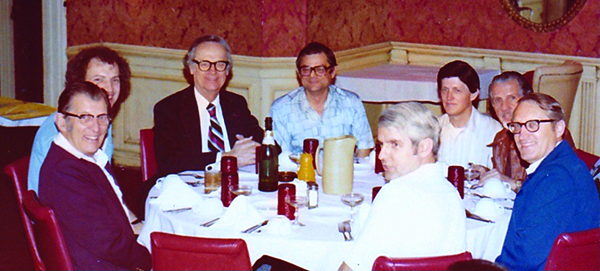
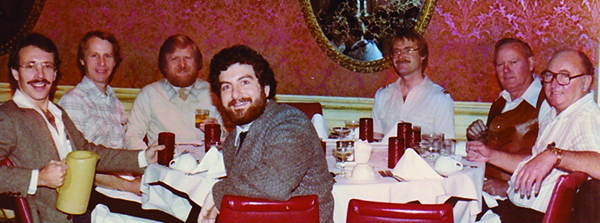
My first two years at that iconic station were spent as a clerk working for John and the rest of the talented staff in the amazing engineering maintenance department. I’m sure I learned more than I realized at the time and was fascinated by the abilities of the maintenance engineers and the crews that worked on the wide variety of shows that were taping on that historic lot. Never in my wildest dreams did I think I’d be asked to join them, and yet somehow with a résumé consisting of, “I can lift heavy things and drive a forklift,” I graduated to the position of schlepper. The differences between clerk and schlepper were substantial. The clerk job was more clerical (duh), no hands on the gear. The schlepper position had major benefits. First and foremost, it was a union job. I became a member of Local 695! I could now be asked to work on shows in addition to setting up gear and moving equipment from stage to stage (forklift).
That first year as a schlepper, when I checked the work schedule for the week between Christmas and New Year’s Day, I was surprised to find myself on the list to work the Rose Parade. Since I was new, and at the bottom of the seniority list, I hadn’t done many shows and none away from the studio. For many of the engineering staff, the Rose Parade wasn’t great duty. The weather was occasionally uncooperative, and the hours, especially the extremely early call on parade morning, weren’t big selling points. I was elated. My first Rose Parade. It was 1982! That year, we used the Sun Television Truck. The EIC was Max Kirkland, a terrific engineer that I knew from his days at KTLA.
In Pasadena, the mixer, Jerry Pattison, instructed me to line up the mic-cable port-a-reels and run the lines out to the street for band mics, then run some manner of cables to the KTLA booth “high above Colorado Boulevard” for mics and IFB’s to be used by our hosts, Bob Eubanks and Stephanie Edwards (it was their first year hosting together). You must understand that I was completely new to all of this. In retrospect, I’m sure the audio and maintenance men on the call that year kept close watch so I wouldn’t mess things up. I’m pretty sure I didn’t, I got asked back the next year. And the next. After a while, I became a regular working on the audio crews and my education continued courtesy of mixers Ken Becker, Dick Sartor, and other terrific engineers. I am grateful for my time there and all I learned from John DeMuth and so many at KTLA. All these years later, I still use the lessons afforded me by those men.
In 1985, after my fourth parade, KTLA was talking about changing the nature of their business. They had been a bustling production facility, providing stages, equipment, crew, and more, for a widening number of content providers. Now they planned to get out of that part of the business. Sometime that spring, Ken Becker and I were having a chat (possibly at Denny’s Bar on Sunset), and this part I remember clearly, he told me to leave my job. It was one of those rare moments that, as you are in the middle of it, you know your decision will affect the rest of your life. To walk away from the steady staff position that paid more than I thought I would make in my life and go test the waters of the freelance market seemed … chancy. This wasn’t a dip-your-toes kind of move, it was all or nothing, but Ken had been particularly kind to me. I took his advice to heart and became a freelance member of Local 695.
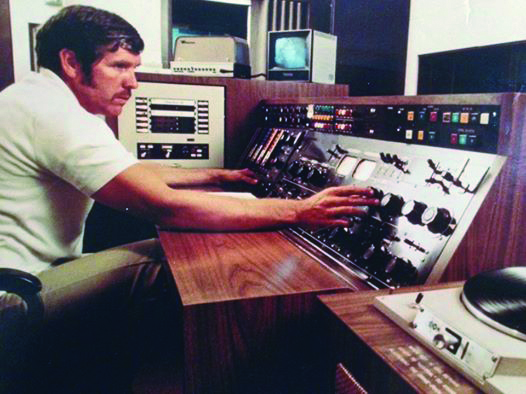
As for the Rose Parade, if all goes well, January 1, 2022, will be parade number forty, not a record but pretty good.
So, if Chuck Bauer’s cousin had played the cello.
If Al Kooper had stayed with The Blues Project.
If Straight had kept their other trombone player.
If I had worn any other shirt on the whale-watch cruise.
If I had not read the Times on the day KTLA advertised for an engineering clerk.
I might not be writing this column; I might never have gotten here.
I hope some of you will take the time to share your own personal stories.